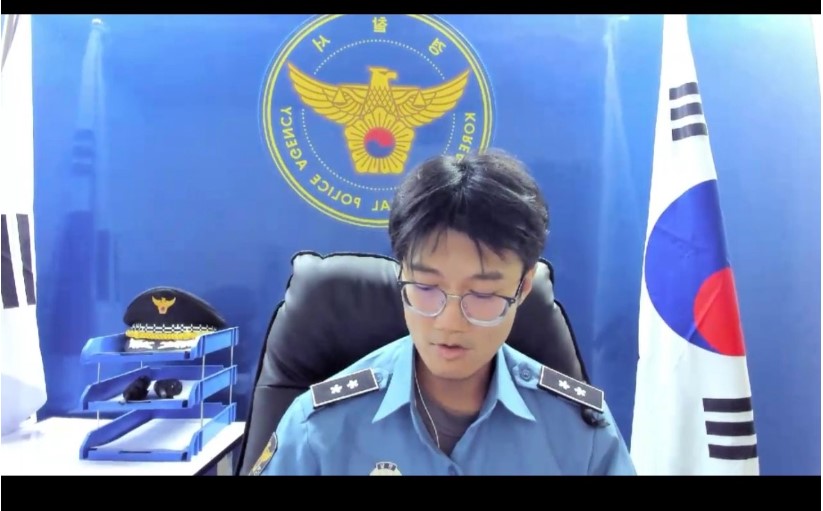Scam calls impersonating Korean embassies and consulates are once again targeting Korean Americans across the United States.
According to South Korea’s Ministry of Foreign Affairs, the number of voice phishing cases impersonating overseas missions jumped from zero in 2023 to 23 cases between January and September. The Americas region accounted for 16 of those cases, up sharply from just one the previous year.

The scammers pose as embassy or consulate employees, falsely claiming that victims are involved in criminal activity. They often demand personal information, direct victims to malicious links, or request large sums of money under the pretext of resolving the “case.”
In February, one Korean national living in the United States received a call from someone claiming to represent the Korean Embassy, alleging the individual’s involvement in a drug case. After the victim entered personal details through a link sent by the caller, a request for money followed — prompting the individual to suspect fraud and report the incident to the embassy.
In another case, a man named Jeff Lee, also residing in the U.S., was told that his personal information had been stolen and used in a crime. The scammers, pretending to be from the consulate, demanded $50,000 within a week to “settle the matter.”
The impersonations have grown more sophisticated. In March, a Korean American living in New York received a call that appeared to come from the Consulate General of Korea in New York. The caller, claiming to be from the Korean National Police Agency (KNPA), requested personal data. When the victim expressed doubt, the scammers initiated a video call displaying police logos, a Korean flag, and a man introducing himself as Jung-bae Choi from the Seoul Metropolitan Police Agency.
The Embassy of the Republic of Korea in Washington, D.C., and the Consulate General of Korea in Los Angeles have since urged the public to exercise caution. “Government institutions never request personal information or money transfers over the phone or online,” the embassy said. “If you suspect impersonation, hang up immediately and verify through the official contact number.”
The LA Consulate added, “While we may contact individuals for citizenship or military service guidance, we never inform anyone of alleged criminal involvement over the phone. If someone claims to be a consulate officer and demands access to police websites or mentions a drug case, it is a scam.”
BY YOONSEO SONG [song.yoonseo@koreadaily.com]



![Family of army veteran killed in San Antonio shooting launches fundraiser A screenshot of the GoFundMe fundraising page created for Kyung Chang Lee. Donations are being collected to support the family of Lee, who was killed in the San Antonio, Texas, shooting. [GoFundMe capture]](https://www.koreadailyus.com/wp-content/uploads/2026/02/0225-KyungChangLee-100x70.jpg)